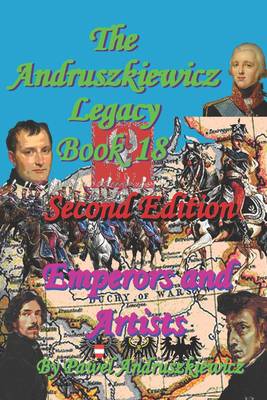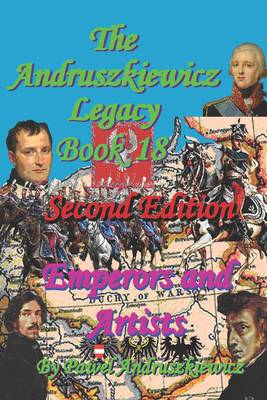
- Retrait gratuit dans votre magasin Club
- 7.000.000 titres dans notre catalogue
- Payer en toute sécurité
- Toujours un magasin près de chez vous
- Retrait gratuit dans votre magasin Club
- 7.000.0000 titres dans notre catalogue
- Payer en toute sécurité
- Toujours un magasin près de chez vous
Description
The 19th century is often referred to as the Industrial Age that pointed the way for further technological advances for the following century. The stationary steam engine was a key component of the Industrial Revolution, allowing factories to locate where water power was unavailable. Great Britain would be the country that would lead the way in developing these engines. This revolution saw the populations rise in urban areas that would create dangerous conditions for people living and working in these cities. Overcrowded conditions would lead to disease, poverty, and starvation.There were actual physical revolutions that were being carried over from the 18th century and into this new one. The revolution in America was over, but this socio-political experiment was still in question. Many that thought that this American Experiment would fall on its face and the colonies would return to British rule, or perhaps even French rule. These American ideas were beginning to take root in France, Ireland, Poland, and eastern European countries wishing to shed their bonds with the Austrian and Ottoman Empires. These ideas would ultimately lead to fighting and wars. Poland will launch five uprisings to regain their freedom from their partitioners. The Ottoman rule of the Balkans ends as the new free states of Serbia, Bulgaria, Montenegro, and Romania are created because of the second Russo-Turkish War. This war was followed by the great Crimean War.In the world of Art, Literature, and Music new ideas and thoughts would also be developed in reaction to the philosophical beliefs created by these new artists. The Rococo, Neoclassicism, and Romanticism movement were carried over into the new century. Later in the century, the world of art would see tremendous changes in political thought and extravagance. Some of these would be Realism which revolted against the exotic subject matter and exaggerated emotionalism and drama of the Romantics. The Impressionists were in the late 19th century, movements based on a simplification of style and image and an interest in poverty and everyday concerns. Notable authors of this period were Emille Zola, Charles Dickens, George Eliot, the three Bronte sisters; Charlotte, Emily, and Anne.The Andruszkiewicz family in Poland and around Europe will be swept up into the events of the times. They will fight for Napoleon in hopes of Polish freedom. This century will see the end of the family's Women Warriors when the uprisings are suppressed by the Russians. Some members of the family will break with their warrior traditions for more modern and civilized ways of life, seeking new ways of living through their minds and special abilities in art and music. Later as the Crimean war develops, family members will find themselves fighting against each other. Still, no matter what they did, or where they went, they were forever patriots to Mother Poland.
Spécifications
Parties prenantes
- Auteur(s) :
- Editeur:
Contenu
- Nombre de pages :
- 252
- Langue:
- Anglais
- Collection :
- Tome:
- n° 18
Caractéristiques
- EAN:
- 9798685059925
- Date de parution :
- 10-09-20
- Format:
- Livre broché
- Format numérique:
- Trade paperback (VS)
- Dimensions :
- 152 mm x 229 mm
- Poids :
- 340 g

Les avis
Nous publions uniquement les avis qui respectent les conditions requises. Consultez nos conditions pour les avis.






